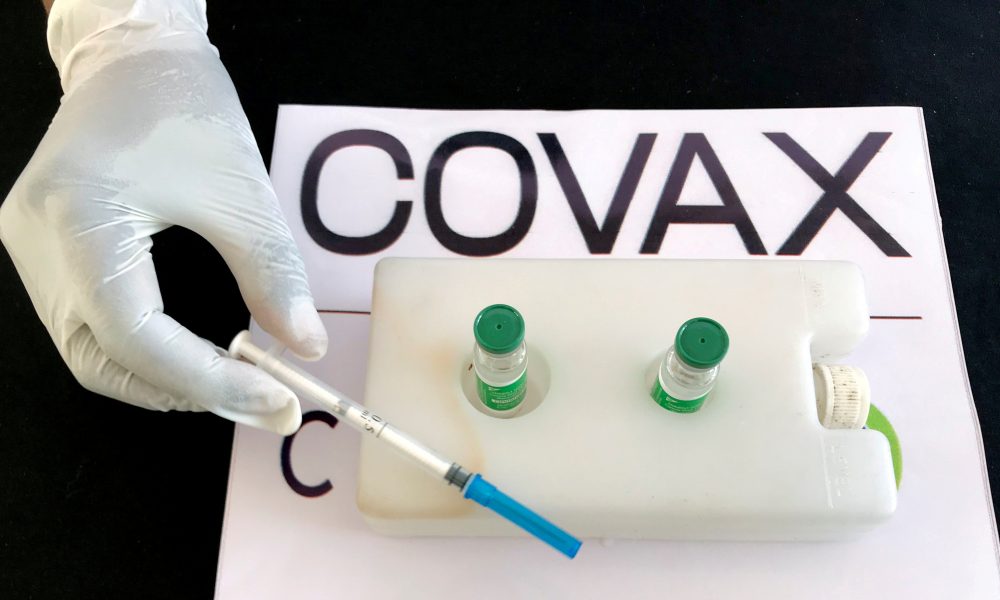Previously, President Joe Biden announced plans to share extra COVID-19 vaccines with foreign countries. The White House unveils intended destinations for all 80 million doses.
What We Know:
- In May, Biden promised to export 80 million vaccines by the end of June. The US has an excess supply of COVID-19 vaccines, making vaccine diplomacy possible. However, challenges emerge on diplomatic and logistical fronts. Diplomatic challenges include which countries to supply vaccines since infections are intensifying across the globe. Another difficulty is determining quantity allocation. Logistically, transporting condition-sensitive vaccines poses challenges.
- President Biden stated the US will not operate by trading doses for influence, referencing perceived favor-securing practices by both China and Russia. The United States and other wealthy countries faced criticism early this year for racing ahead with vaccine rollouts while other countries struggled.
- 41 million of the 80 million doses go to COVAX, a humanitarian program directed in part by the World Health Organization. COVAX’s goal is fair vaccine distribution of 2 billion vaccines by the end of 2021, so far dispensing 88 million.
- The issue of vaccine discrepancies, targeted by COVAX, is evident when comparing national wealth. Upper-middle-income and high-income countries make up 85.61 percent of the total administered COVID vaccines while low-income countries make up only .029 percent.
- Accordingly, from the US supply, COVAX settled upon sending 14 million vaccines to Latin American and Caribbean countries, 16 million to Asian countries, and 10 million to African countries. Another 14 million will be distributed to regional priorities, specifically low-income countries. These include Colombia, Argentina, Haiti, other Caribbean countries, Dominican Republic, Costa Rica, Panama, Afghanistan, Bangladesh, Pakistan, Philippines, Vietnam, Indonesia, South Africa, Nigeria, Kenya, Ghana, Cabo Verde, Egypt, Jordan, Iraq, Yemen, Tunisia, Oman, Ukraine, Kosovo, Georgia, Moldova, Bosnia and West Bank and Gaza.
- All 80 million of the vaccines are accounted for, however, distribution lags. White House Press Secretary Jen Psaki attributes the slow down to transportation issues as well as language barriers.
While all 80 million vaccines may not depart by the end of June, they are on track to arrive shortly thereafter. The 500 million Pfizer vaccines bought by the US to donate will systematically depart.



